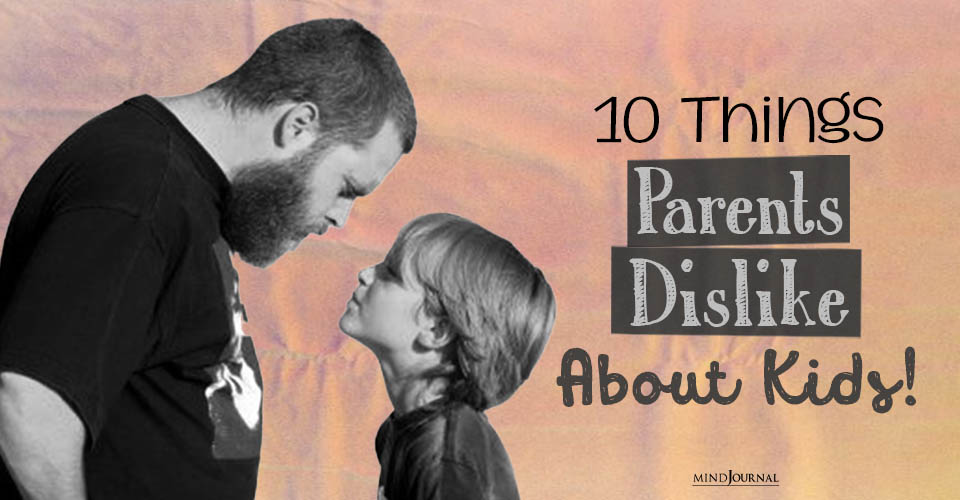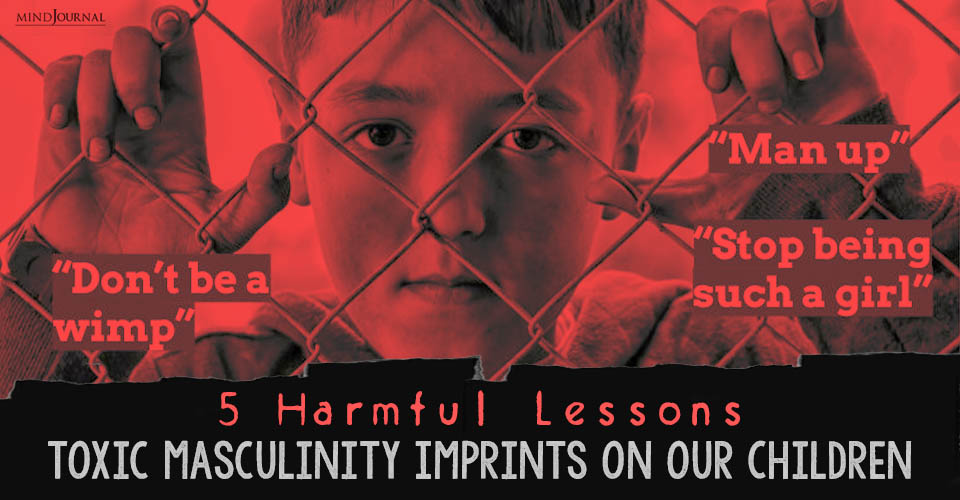When a child gets to teenage, their lives change significantly! On some days, they can be very cheerful and excited; on others, they may feel sullen, empty or just plain sad. Don’t be worried these are just normal mood swings in puberty.
At the same time though, they begin to want more alone time. These ups and downs in emotions become more regular and extreme during the pre-teenage years compared to teenage years.
But good news?
We know that these mood swings in puberty will not persist indefinitely. As your child grows older their hormones will eventually even out and so will their moods.
However, in the meantime, there are things you can actively do to assist your moody teenager through this phase.
Therefore think of it as a tool kit for surviving through the mood swings in puberty while also helping develop healthy relationships between parent and child based on mutual respect!
Reasons For Mood Swings in Puberty
Before we delve into signs and strategies of mood swings in puberty that you can use to assist your teen, it is first necessary to know why this happens in the first instance.
Some 90% of your child’s brain is already formed by five years old, setting the stage for the complex changes that will occur later.

The process strengthens certain connections, making some thoughts more efficient. The brain develops in an orderly way with motion control, mobility and senses leading.
After being followed by language and orientation, finally, the intricate processes involving complex thinking and self-control. The last part of the brain to develop is prefrontal cortex which handles planning and decision-making.
Other reasons for mood swings during puberty include:
1. Exploration of Identity
The teens are on a voyage to figure out their identity. This pursuit can evoke emotions like confusion, self-doubt, and mood swings while taking into account changing attitudes about themselves.
2. Societal Strains
Teenage peer relationships become more complicated during this stage because of the adolescent’s desire to belong. Social dynamics and peer pressure have a big impact on mood changes.
3. Worries over Body Image
Puberty is often accompanied by physical changes in the body that make young adults feel uncomfortable with their own looks. Concerns about external appearance, combined with societal expectations, contribute to shifts in moods.
While the brain plays catch up, there might be moments when teenagers appear impulsive, a bit unruly or even slightly angry.
They don’t do it intentionally; it’s just how their brains work from below to upwards. Understanding this process is crucial if you want to support your teenager through adolescence’s maze with compassion and understanding.
Read More: Breaking Tween Habits Made Easy: 10 Creative Solutions for Parents!
Mood Swings In Puberty: What Does Look Like?
Puberty can make your child a hot and cold kind of a person.

Mood swings in puberty can look like:
1. Emotional rollercoaster
One moment they may be as happy as a lark and the next they might seem depresse d, flat or sad. Such changes are sudden and far more extreme than usual. Just remember that this is normal and sometimes you should provide them with some solace!
2. Highly Sensitive Reactions
What if your adolescent’s reactions became more sensitized?
Something that used to be nothing will now provoke intense emotional responses. A criticism or slight he/she imagines they notice could cut into them deeper.
3. Self-Isolation
Picture your teenager needing even more solitude. It is common for teenagers who are experiencing mood swings internally, whether it means retreating to their rooms or seeking privacy elsewhere.
4. Misbehaviour and Tantrums
Imagine that your teen got more irritable lately on top of everything else. Everyday irritations may produce greater reactions while their ability to handle stress decreases.
5. Taste the flavor of risk
Think about how your teenager might engage in more reckless activities with other people his age like impulsiveness, disregard for consequences, and curiosity in trying new things.
6. Struggles of sleepiness
Consider the changes in sleep patterns one undergoes during adolescence. Puberty may interrupt his/her usual sleep routine by making it difficult to fall asleep or causing him/her to oversleep at times past the normal hour.
7. Social Shadows
Imagine if your child started withdrawing from social circles? The mood swings in puberty can come with an urge to isolate themselves from friends or cut back on their active involvement in social activities.
8. Try To listen More
Listen to your teen say they feel overwhelmed by lots of things at once They may claim confusion among others when trying to manage the overwhelming emotions that accompany puberty stage.
Parents should know what visual cues speak about mood swings, and use this knowledge to give the necessary support, empathy, and patience. Communication is the key to all these feelings.
So what can you do? Let’s see!
Read More: How To Heal Mother-Daughter Relationships: 10 Essential Ways To Mend Your Bond!
Parenting Tips For Tweens
Puberty is a time of emotional deluge and having knowledge on how to regulate your teenager’s mood swings is essential.

Here are some simple ways you can your child through the mood swings in puberty:
1. Understand the Situation
Don’t just jump into punishment; understand that your teenager is not simply acting out. It’s about adolescence, accept their struggle with strong emotions.
2. Communicate
Motivate open dialogue between you and your young adult. Permit them to spot changes in their feelings. Assure them it’s okay for them not to have all the answers and these moods will go away. Tell them they are among others who take this ride.
3. Teach Them How To Survive
Emotion understanding develops with time as a skill. Do some role play when things are quiet between yourselves and your adolescent.
Teach them some simple techniques like counting backwards or doing something positive such as walking or listening to music. Letting them watch you practicing it would be teaching by example during tough times.
4. Promote Healthy Living
Ensure that at home too, you make healthy choices for everybody so that all members of your family feel comfortable.
You should be able to set an example for others as well in this regard too.When everyone within the household eats well, drinks enough water, sleeps enough, then one is bound to become more cheerful overall because those are basic necessities of life.
5. Positive Distractions
It is important for you to assist your teenager in locating non-toxic ways of occupying themselves, may it be art or any hobby that they will enjoy; Hobbies are outlets for negativity, builders of resilience and coping mechanisms.
Read More: How to Help Your Child Make Friends: 10 Effective Tips For Parents!
6. Give Them a Breathing Space
Keeping this in mind as a parent means respecting their space when they go through such changes in moods; They might at times need some alone time.
It is by not talking about his/her situation that you silently communicate your availability for discussion with him/her. This way, you can give them the feeling of being protected and understood especially when they need it.
7. Encourage Keeping Diaries
As a recommended form of expression journaling can be used by the teens themselves. Your teenager may find that writing down his thoughts and emotions helps him process his feelings therapeutically and gain insights into his own experiences.
8. Let them have Secret Code Words/Signals
Create a word or signal which allow your teen break away from overwhelming situations or when he just wants to be alone; In other words, this is another way of putting across their mood without using speech.
9. Provide A Place For Relaxation
In your home you should create a calm place where your son can go whenever he needs to unwind; Just fill it with anything comforting and tell him that it’s fine if he wants to stay there pondering over whatever sort of things occupies his mind.
10. Celebrate Small Victories
Finally, recognize small achievements and milestones. By positively reinforcing these victories, your teenage child becomes more confident and resilient thus helping him/herself maneuver through life problems more easily.
These handy tips are useful in both surviving the tempestuous nature of adolescent behavior caused by hormonal changes raging inside teenagers’ bodies as well as fostering stronger relationships between parents and children when they reach adolescence stage.
Read More: How To Deal With Mood Swings Like A Pro
Key Takeaways
Teenagers experience a lot of emotional changes during their adolescent period and it is very normal. At such times, the life of pre-teens and teenagers resembles riding on a roller coaster as they take on adult experiences albeit in an amplified way.
The explanation for mood shifts from brain development difficulties to self-identity difficulties means we need to be kind when this happens.
Do not forget you are not alone; Mind Family Partners is here to help you through adolescence.
Frequently Asked Questions (FAQs)
1. What causes mood swings in puberty?
The mood swings that accompany puberty are a result of hormonal changes and brain development, with the last part of the brain to mature being the prefrontal cortex which ‘prunes’. At the same time, concerns connected with body image, social pressures, and identity explorations also play a big role.
2. What are the signs of mood changes in puberty?
Signs include emotional rollercoasters, increased sensitivity, withdrawal, irritability, risk-taking behavior, sleep pattern changes, social withdrawal, and expressing overwhelm.
3. What are some parenting tips for teens?
Parenting tips include recognizing normal behavior, having open communication, teaching coping mechanisms, supporting a healthy lifestyle, finding good distractions, giving space, encouraging journaling, establishing non-verbal signs, creating relaxation spaces and celebrating small wins.














Leave a Reply
You must be logged in to post a comment.